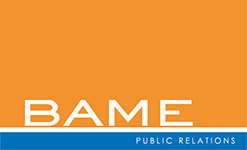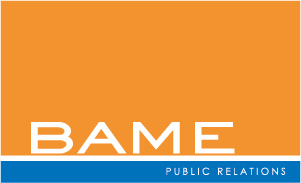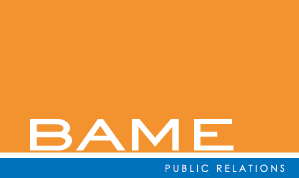Blog RX: Prescriptions for Advanced Blogging Techniques
Everyone may want to blog, but not everyone knows the best ways to develop one. To provide insights and direction, the Legal Marketing Association’s Public Relations Shared Interest Group (SIG) held an incisive webinar on June 20, 2016 called “Blog RX: Prescriptions for Advanced Blogging Techniques.”
The panelists are some of the most well known marketers in the legal industry including Jayne Navarre, principal of Jayne Navarre Associates; Kristi Dosh, a sports business analyst who blogs as The SportsBizMiss; Jacqueline Madarang, digital marketing technology manager at Bradley Arant Boult Cummings in Birmingham, Ala.; and Deborah Dobson, marketing technology manager at Fisher Phillips in Atlanta.
As moderator, Navarre said the best blogging practices include the four P’s: platform, placement, purpose and presentation. Before you kick off a blog, you need to identify its purpose. Is it to brand the firm? Or, to brand a practice group? This will also help determine where to host the blog. Such as on your firm’s site or a separate site.
Dosh says it’s crucial that a law firm blog be perceived as thoughtful and educational, rather than promotional. Accordingly, the person who runs the blog needs to line up writers who support that strategy and who know how to write for the “ideal client.” That ideal client may be both an existing or prospective client, and one who wants to educate himself or herself about the issues discussed on the blog. Blog topics can come from anywhere, including today’s news, recent legislation or court rulings, responses to reader concerns or questions, or idea generation driven by Web analytics.
Madarang offers an example to illustrate the success of her firm’s blog. She says an attorney thought of a possible blog topic based on a conversation during a client visit. In less than four hours the blog on the topic had been posted, and the attorney was able to share it with the client while still on site with the client.
Dobson, who works at an employment law firm, advises that a good practice for blogging is to focus on trending newsworthy topics and to develop a series of posts showcasing thought leadership in that area. She describes an example yielding significant media exposure resulting from an attorney blogging about Ebola and the workplace.
As for the approach to writing, Dosh says it’s crucial not to use legalese but to write so that you can be understood by anyone. To make that happen at her firm, Madarang created a writing workshop so her bloggers understand the expectations of what they should deliver. The panelists also note that blogs are not law review articles. Rather, they are immediate, timely, thoughtful, personal and anecdotal items that explain the essence of a current, topical issue.
To make it all come together, don’t discount social media. The panelists agreed social media is crucial to making your blog a success. Without that, everyone agrees that the attorneys will miss an opportunity to create a following. “People don’t follow law firms; they follow individuals,” says Navarre.
One of the greatest rewards of blogging for a marketing or PR professional is to show the authors how the blog is performing. Madarang suggests creating quarterly reports highlighting both the raw numbers of readers as well as who exactly reads each post. This information will motive the team of writers to produce more valuable content.




